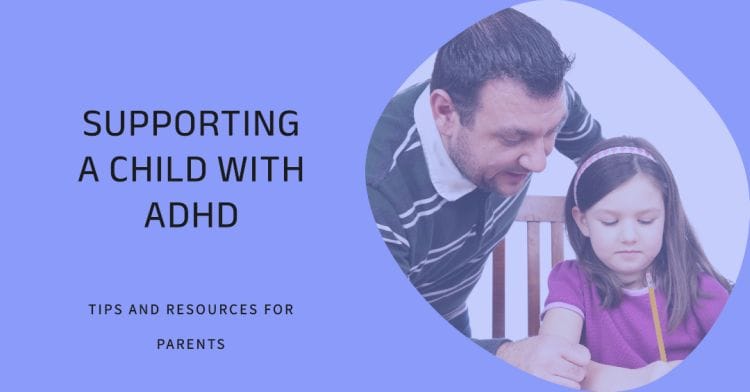Many ADHD-diagnosed students have a difficult time with reading comprehension. Reasons may include being easily distracted — especially if they are not interested in the topic — and poor working memory; that is, if they are reading a challenging text, by the time they get to the end of the second paragraph, they may have already lost track of what the author started out saying. Here are six ADHD reading comprehension tips to help your child to better understand and retain what they read.
Ensure there are no distractions. When your child has a reading assignment, make sure that they are in a quiet space, with no technology (smartphone, computer, TV, etc.) and no extra noise that could distract them. Perhaps consider creating a reading corner, with comfortable seating and good lighting. Internal distractions such as hunger or fatigue may also cause difficulties, so ensure that when your child is reading, they have eaten and attack the difficult assignments first, before they get too tired.
Preview the material. If your child is reading a textbook, remind them to preview the material. This can include looking at key points, highlighted terms, pictures, charts, chapter titles, chapter introductions, chapter summaries, and chapter questions. This will give them an idea of what they will be learning and prime their mind for finding answers to the questions at the end of the section or chapter. This also helps your child focus on the major concepts that they are expected to learn.
Interact with the text. If your child owns the book they are reading, they should highlight important points as they read. Highlighting also has the added benefit of bringing the student’s eyes back to important parts when they review the text. Taking notes on important points is also helpful, particularly for kinesthetic learners. Students who are visual learners should take the time to picture what is happening in the book so that they can integrate the knowledge and retain it. Predicting what will happen next is also a great way for your child to really interact with what they are reading because it requires them to consider the context of what they have read.
Recall what has been read. Many children with ADHD really struggle to complete reading assignments on their own. It can be very helpful for you or a homework coach to read the assignment with them. Do a verbal review at logical points in the passage — which could be the end of the chapter if the material is easy, or even after every paragraph for complex or information-packed text. Ask what they read (have them summarize it in their own words) and what they learned from it. If they have fully comprehended the information, they should be able to answer these questions. If not, have them go back over the points that were confusing.
Use a dictionary. Too often, students will just skip over words they don’t know. This is not conducive to comprehension! Have a dictionary handy, and maybe even better for an audio learner, make use of Siri on your iPad or Google Now. “OK Google, define conducive.”
Break down the work. Encourage your child to read in chunks of 15 minutes or one chapter at a time. Then ask them to summarize (or answer questions on a study guide) then take a break, perhaps with an agreed-upon reward. This will help your child to avoid getting confused or losing information because they are trying to retain too much at once. And knowing that there is a break or reward coming up can really help an ADHD student maintain focus. Spending hours reading material, particularly material they aren’t engaged with, can make it difficult for your child to really learn or comprehend what they have read.
